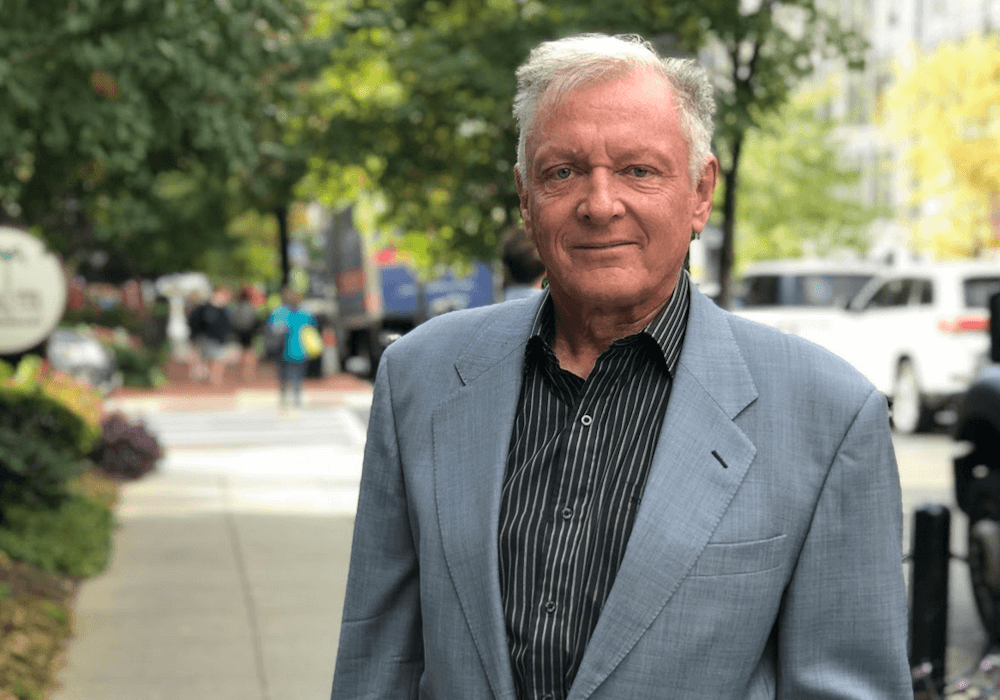Cases
Romeril v. SEC
CASE: Romeril v. SEC
STATUS: Closed
NCLA ROLE: Counsel
COURTS HEARD IN: SCOTUS, 5th Cir., S.D. NY
ORIGINAL COURT: U.S. District Court for the Southern District of New York
DECIDING COURT: U.S. Supreme Court
OPENED: May 6, 2019
AGENCIES: Securities and Exchange Commission
FOCUS AREAS:
CASE SUMMARY
Did we achieve our litigation objective? No, Barry Romeril was forced to abide by the SEC’s oppressive “gag rule” that prevents him from discussing his settlement or even proclaiming his innocence.
Court Outcome: The U.S. Supreme Court chose not to review the Second Circuit’s decision.
Larger Impact: This is one of many cases NCLA has brought to challenge the oppressive “gag” policy by which the SEC forces victims of its administrative enforcement actions to give up their First Amendment rights as a condition of settling their case. NCLA will keep pushing the SEC to abandon the gag rule.
Summary: When Barry D. Romeril settled with the United States Securities and Exchange Commission (SEC) in June of 2003 he didn’t know he would live to regret it 16 years later. That is because in order to settle his case, the SEC required that he agree to be bound by a Gag Order- a little known tool of the SEC meant to silence people for life regarding cases brought against them. NCLA moved to remove the gag order from his consent agreement, declaring it an unconstitutional prior restraint and content-based restriction on speech, abridging freedom of the press and Americans’ right to petition. In October of 2018, NCLA pioneered the legal challenges to this rule by petitioning the SEC to amend its gag rule, setting forth in detail the numerous constitutional and legal infirmities of this unconstitutional and disturbing practice.
RELEVANT MATERIALS
NCLA FILINGS
Petitioners Reply Brief
May 27, 2022 | Read More
Brief for Amicus Curiae Due Process Institute in Support of Petitioner
April 22, 2022 | Read More
Brief of Amicus Curiae Thomas More Society in Support of Petitioner
April 22, 2022 | Read More
Brief of Constitutional Law & First Amendment Scholars as Amici Curiae in Support of Petitioner
April 22, 2022 | Read More
Brief of Amicus Curiae Pelican Institute for Public Policy In Support of Petition for a Writ of Certiorari
April 22, 2022 | Read More
PRESS RELEASES
Prominent 1st Amendment Scholars, Investors and Think Tanks Support NCLA’s SCOTUS Cert Petition
April 25, 2022 | Read More
NCLA Petitions Supreme Court to End Decades-Long Suppression of Free Speech by SEC Gag Order
March 21, 2022 | Read More
NCLA Seeks En Banc Review of First Amendment SEC Gag Rule Case in Second Circuit
November 15, 2021
Second Circuit Decision in SEC Gag Rule Case Fails to Address Unconstitutionality of Lifetime Gags
September 27, 2021
NCLA Launches Video of Former Chief Financial Officer of Xerox Silenced for Life by SEC’s Gag Rule
October 1, 2020 | Read More
IN THE MEDIA
Can the S.E.C. Require ‘Gag Orders’ When It Settles Cases?
The New York Times
February 7, 2023
Court upholds SEC gag rule for executives who settle
CFO Dive
February 7, 2023
2nd Circ. Denies Ex-Xerox Execs Bid To Toss SEC Gag Order
Law360
February 7, 2023
2nd Circuit rejects ex-Xerox execs challenge to gag order
Reuters
February 7, 2023
2nd Circuit Upholds SECs Use of Lifetime Gag Orders in Ex-Xerox Execs Appeal
Law.com
February 7, 2023
CASE HIGHLIGHTS
Media Mention
February 7, 2023
2nd Circ. Denies Ex-Xerox Execs Bid To Toss SEC Gag Order
Source: Law360
Press Release
April 25, 2022
Prominent 1st Amendment Scholars, Investors and Think Tanks Support NCLA’s SCOTUS Cert Petition
Media Mention
February 7, 2023
Can the S.E.C. Require ‘Gag Orders’ When It Settles Cases?
Source: The New York Times

